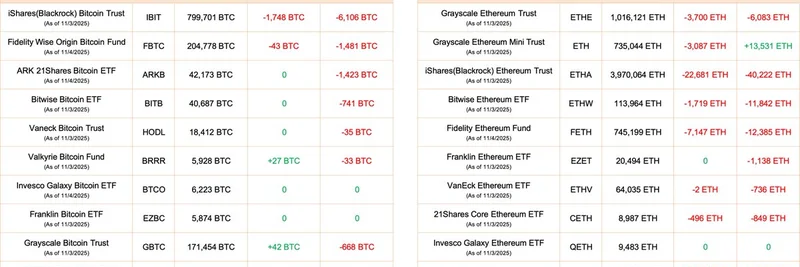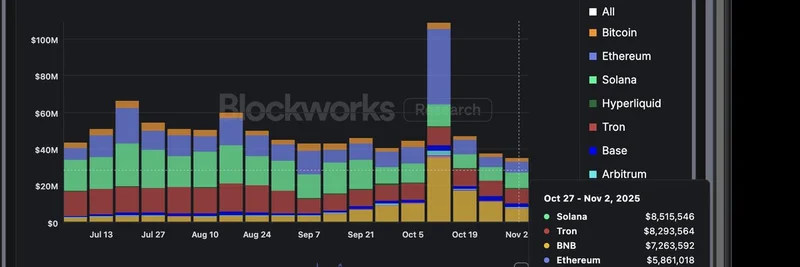In the fast-paced world of decentralized finance (DeFi), Hyperliquid is making waves with its upcoming native stablecoin, USDH. For those new to the scene, Hyperliquid is a cutting-edge perpetual futures exchange built on its own layer-1 blockchain, known for its high-speed trading and innovative features. USDH is set to be its in-house stablecoin, pegged to the US dollar, and designed to enhance liquidity and user experience within the ecosystem.
What's got everyone buzzing? Hyperliquid has opened up a unique bidding process where various stablecoin issuers are competing to back and manage USDH. This isn't your typical partnership—it's more like an auction where proposals are judged on credibility, revenue sharing, backing assets, and overall benefits to the Hyperliquid community. Top contenders include big names like Ethena, Sky (formerly MakerDAO), Circle, and Paxos, each vying to provide the best deal.
Sisyphus Weighs In on the Debate
Crypto influencer and analyst Sisyphus (@0xSisyphus) recently shared his thoughts on this bidding war in a thought-provoking thread on X. In his initial post, he leaned heavily toward Ethena, calling it "by far the most credible proposal from an established stablecoin issuer." Ethena, known for its USDe stablecoin backed by hedged positions and yielding opportunities, has promised to return a whopping 95% of net revenue from USDH reserves back to Hyperliquid, while covering migration costs for existing users. This aligns with their BlackRock-backed approach, emphasizing stability and high yields.
But Sisyphus didn't stop there. In a follow-up, he praised Paxos's revised "v2" proposal, stating, "The Paxos v2 proposal is really good." Paxos, a regulated stablecoin issuer behind assets like USDP and PYUSD, has upped its game in this round. Their updated bid likely includes enhanced regulatory compliance, better integration, and competitive revenue splits—details that make it a strong contender in a field where trust and legality matter.
The Case for an Open Market Approach
What really stands out in Sisyphus's commentary is his advocacy for an open market model for USDH. He argues, "Actually this open market for USDH probably gets you by far the best outcome (as long as validators and issuers aren’t colluding privately)." In simple terms, an open market means allowing multiple issuers or mechanisms to compete freely, rather than locking into one provider. This could lead to better rates, more innovation, and reduced risks from single-point failures.
Why does this matter? In DeFi, where meme tokens and volatile assets often steal the spotlight, stablecoins like USDH provide the backbone for trading, lending, and yield farming. An open setup could prevent monopolies, ensure fair pricing, and foster a healthier ecosystem. However, Sisyphus wisely caveats this with concerns about collusion—secret deals between validators (who secure the network) and issuers could undermine the benefits.
This perspective echoes broader discussions in the crypto space. For instance, similar debates have played out in other protocols like MakerDAO's evolution into Sky, where community governance decides on stablecoin strategies. Hyperliquid's approach is experimental, turning stablecoin issuance into a community-driven competition, which could set a precedent for future DeFi projects.
Community Reactions and What's Next
The thread has sparked reactions from the community. One reply highlighted the intensity of the competition: "crazy that they are doing all this for a ticker (nm will still win because of validators)." Others expressed optimism about the open market's potential to deliver superior outcomes, with comments like "agreed strong design for stability."
As the bidding heats up, Native Markets currently leads the pack, but with fresh proposals from Ethena and Paxos gaining traction, the final decision could shift. Hyperliquid's validators and community will ultimately vote, balancing factors like yield (Sky offers 4.85%), liquidity ($2.2B from Sky), and ecosystem growth incentives.
For meme token enthusiasts, this matters because stablecoins underpin the trading pairs where memes thrive. A robust USDH could mean smoother trades, lower fees, and more opportunities to ape into the next big thing on Hyperliquid.
Stay tuned as we track this evolving story. For more on DeFi innovations and meme token insights, check out our knowledge base. What do you think—will an open market win the day, or will a single issuer like Ethena take the crown? Drop your thoughts in the comments!




